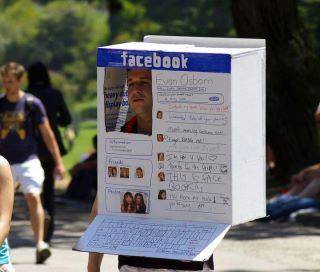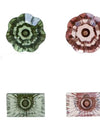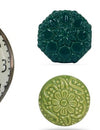
Ladies, you probably already know this; there is an app available on Facebook which lets you rate the men you have within your Facebook friends. Pretty harmless, you might think, as well as giving you the ability to do what men do to you all the time. However, in Brazil this is causing a storm with one guy, who has been subjected to being rated, threatening to take legal action to defend his right to privacy.

The other thing that has caused a storm quite recently is the choice of presenters used in the Football World Cup draw (held on December 6th 2013). Sorry I mentioned the “F” word but this story is not about soccer. It was highly anticipated that a key role in the Group Stages Draw would be played by two stars of a popular TV programme, “Lado a Lado” (Side by Side). Both stars: Lazaro Ramos and Camila Pitanga play the leading couple in this soap and both are well known and well loved celebrities. The draw took place in the state of Bahia, which is historically the heart of African-Brazilian culture, and in the event was fronted by Fernanda Lima and Rodrigo Hilbert – who are blond and have worked with FIFA before. The result was outrage on social media in Brazil. Many demanded an explanation. No explanation was forthcoming and the many were quick to draw their own conclusions – mainly towards racism, but which could also have been commercialism and sponsorship.
“FIFA, we want Lazaro Ramos and Camila Pitanga, ok? They are our face, our people, and we love them!” was one tweet. “As if we weren’t already self-sufficient when it comes to racism, Fifa comes over to lend us a hand,” said another.
FIFA denied that the choice of presenters was theirs, saying that it was a decision of the host nation – in this case GEO and TV Globo the Brazilian TV companies who produced the show. However, FIFA did announce a line-up of musicians for the show which included Afro-Brazilian artistes.
The story rubbed a rather raw nerve. There have been similar controversies before. For example, when women in Bahia were told they could not sell acaraje (a traditional dish with African origins) at World Cup stadiums. Many in Brazil resent the vast amounts of money being spent on World Cup preparations, and feel FIFA is trying to dictate how Brazil comes across on the world stage. However, what the examples really demonstrate is that Brazil is up to date with Social Media as a form of expression but perhaps has a long way to go yet in equality and fairness.





